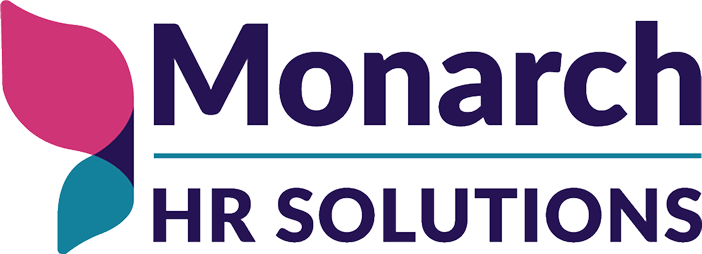Hearing the word mentoring usually conjures up images of an older, more experienced person guiding a younger worker on their career path. This is the traditional concept that many of us have experienced, whether we were the mentor or mentee. But there is a more modern version which is becoming increasingly popular because of its tremendous benefits called “reverse mentoring.”
What Is Reverse Mentoring?
A twist on conventional mentoring, reverse mentoring involves younger workers guiding executives. You’re probably wondering “What is the benefit of that?” Well, the benefits are numerous and the positively impact both employers and employees.
The idea behind reverse mentoring is to provide executives with a fresh perspective along with helping boost their knowledge in the areas of technology, social media, and current trends – topics on which the younger generation has plenty to share. In essence, the executive learns from the junior – a refreshing and educational initiative.
The concept of reverse mentoring can either be a one-way mentorship, where the junior worker mentors the executive, or, it can be a dual-mentorship in which each party learns from the other. If you’ve ever seen the movie The Intern with Robert De Niro and Anne Hathaway, you’ve witnessed this second option in action. De Niro plays a retiree who applies for a senior citizen internship program at a new company founded and run by Anne Hathaway. De Niro is assigned to work for Hathaway and a reverse mentorship evolves, where De Niro shares the wisdom he gained over his career with Hathaway, as she enlightens him on technology and trends. Both gain much from the experience.
The Benefits Reverse Mentoring Brings to the Workplace
Reverse mentoring benefits the mentor, the mentee, and the organization. Here are some of the positive impacts it has overall:
Intergenerational Awareness
A multigenerational workforce is critical to an organization’s success. The understanding and welcoming of different mindsets, ideologies, and approaches from different generations are integral to innovation and growth. Reverse mentoring enables organizations to pair workers across generational divides spurring new ideas and strategies. With four generations working together, this is crucial.
A Bottom Up Flow of Information
Having younger workers mentor executives fosters a reverse flow of information from the bottom up. This approach provides leadership with a more robust perspective of the company and operations overall through information on how the enterprise really works helping to address challenges and changes. It also offers insight on the right terminology to use in communications. All of this seeds ideas and aids in achieving goals.
Improvement of Business Skills
The younger generation grew up with computers, the internet, and social media. It is no stranger to technology and online forms of communication, which creates and spreads trends like wildfire. Older executives can benefit from the in-depth knowledge these tech-savvy millennials and Gen Z can provide. This sharing of digital skills boosts data analysis and strategies.
Encouraging Communication
Newer workers may be so focused on pleasing management, that they avoid speaking up. Partnering with executives helps to build valued relationships, which in turn encourages the younger generation to share their ideas and concerns, as well as welcome collaborative opportunities. Such actions aid in creating a positive culture and enhance employee engagement.
Expanding Diversity
Pairing unlikely co-workers together helps expand diversity because it cultivates a sense of belonging. Rather than simply pair workers across generational divides, with reverse mentoring initiatives you can also seek out minority groups to expand views and ways of working.
Increased Retention
With reverse mentoring, younger workers feel like they are being heard, that their ideas are appreciated and welcomed, and that they are supported. This goes a long way to enhance culture, which in turn boosts engagement and retention.
While reverse mentoring may be turning the traditional concept of mentoring on its head, it’s still founded on sharing experiences and making others feel supported – which not only benefits the mentor and mentee, but the workplace in general.

